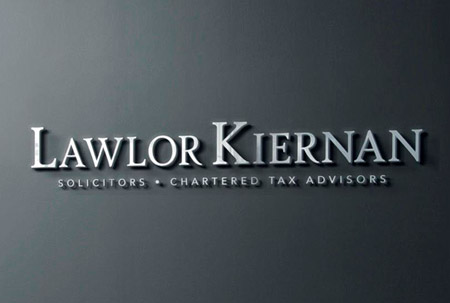What is Defamation?
Defamation is the publication of a false statement about a person which damages their reputation. Defamation can occur either in writing or by an oral statement. Publishing an untrue newspaper article or wrongfully accusing a customer of shoplifting are common examples of defamation.
In order to succeed in a claim for defamation, the following criteria must be met:
- A publication or statement to a third party for defamation.
- Untrue publication or statement.
- The publication or statement must damage their reputation.
If you think you have been defamed, you should contact us as you may be entitled to compensation. Compensation will vary depending on the nature of the statement and the extent of the publication.
Below are some examples of cases we have represented clients in:
Print Defamation
Journalists and social media users are entitled to publish information under freedom of expression. However this right must be balanced with the right to a person’s good name. Therefore, there is an obligation on journalists and bloggers to ensure their articles are true and accurate.
Case Study 1 Defamatory Newspaper Article
We acted for a client who had his character defamed when a journalist wrongly identified him as the perpetrator of a criminal act in a newspaper article. Succeeded in getting the newspaper to remove the article for their website as well as publishing a correction and apology. we also negotiated a financial settlement for the damage caused to our client’s reputation.
Case Study 2 – Defamatory Online Articles / Social Media
Due to the rapid increase in people using social media, we have represented numerous clients in having defamatory comments and publications removed.

